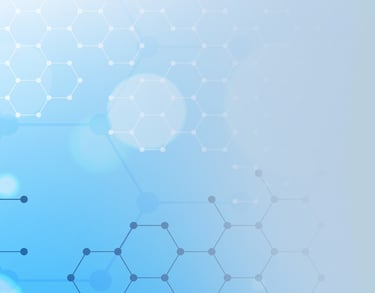Email us : scientific@sumisons.com. | call us : +91 7358100740 | +91 9940240809


Sumisons Scientific - Trusted Dealer & Distributor
Founded in 2018, Sumisons Scientific Pvt Ltd., has grown into leading Dealer & Distributor for multiple Brands in India
Laboratory equipment and instruments are essential tools used in scientific research, experiments, and analysis across various fields such as chemistry, biology, physics, medicine, and environmental science. These devices are designed to help researchers conduct precise experiments, measure variables, analyze data, and manipulate substances under controlled conditions. Laboratory equipment can be broadly categorized into measuring instruments, mixing and handling tools, and specialized apparatus.
About Laboratory Equipment and Instruments
Measuring Instruments:
Balances: Used for precise measurement of mass. Analytical balances provide high accuracy down to milligrams.
Thermometers: Measure temperature, crucial for experiments requiring temperature control.
pH Meters: Used to measure the acidity or alkalinity of liquids.
Spectrophotometers: Measure the intensity of light absorbed by a sample, commonly used in chemistry and biology for concentration analysis.
Centrifuges: Separate substances based on their density by spinning samples at high speeds.
Autoclaves: Sterilize equipment and media using high-pressure steam at elevated temperatures.
Mixing and Handling Tools:
Beakers and Flasks: Containers used for mixing, heating, and holding liquids. Flasks (like Erlenmeyer flasks) are designed to minimize spillage during mixing.
Pipettes and Burettes: Instruments for transferring precise volumes of liquids. Pipettes are used for small volumes, while burettes are used for titrations.
Stirring Rods and Magnetic Stirrers: Used for mixing liquids or solutions, often with a magnetic stir bar.
Funnels: Aid in transferring liquids or powders into containers with small openings.
Specialized Instruments:
Chromatography Apparatus: Includes HPLC (High-Performance Liquid Chromatography) systems, gas chromatographs, and TLC (Thin-Layer Chromatography) plates for separating compounds in complex mixtures.
Spectrometers and Mass Spectrometers: Analyze the composition of substances based on light absorption or ionization, used in fields like chemistry and biochemistry.
Electrophoresis Equipment: Used to separate proteins, nucleic acids, or other macromolecules based on their size and charge.
Incubators and Shakers: Provide controlled environments for growing cultures or samples that require temperature regulation and agitation.
Safety Equipment:
Fume Hoods: Ventilated enclosures that protect laboratory workers from toxic fumes or vapors.
Gloves, Goggles, and Lab Coats: Personal protective equipment (PPE) to ensure safety during experiments.
Fire Extinguishers and Safety Showers: Safety devices to handle emergencies such as fires or chemical spills.
Importance of Laboratory Equipment:
Laboratory instruments and equipment play a critical role in ensuring accuracy, precision, and reproducibility of experimental results. Properly calibrated and maintained equipment allows scientists to perform high-quality research, solve complex problems, and innovate in fields like pharmaceuticals, environmental science, and healthcare.
In summary, laboratory equipment and instruments are the backbone of scientific inquiry, enabling researchers to conduct experiments, analyze data, and achieve reliable results across various domains of science. Whether for simple measurements or complex analysis, these tools are indispensable for advancing knowledge and discovery.

